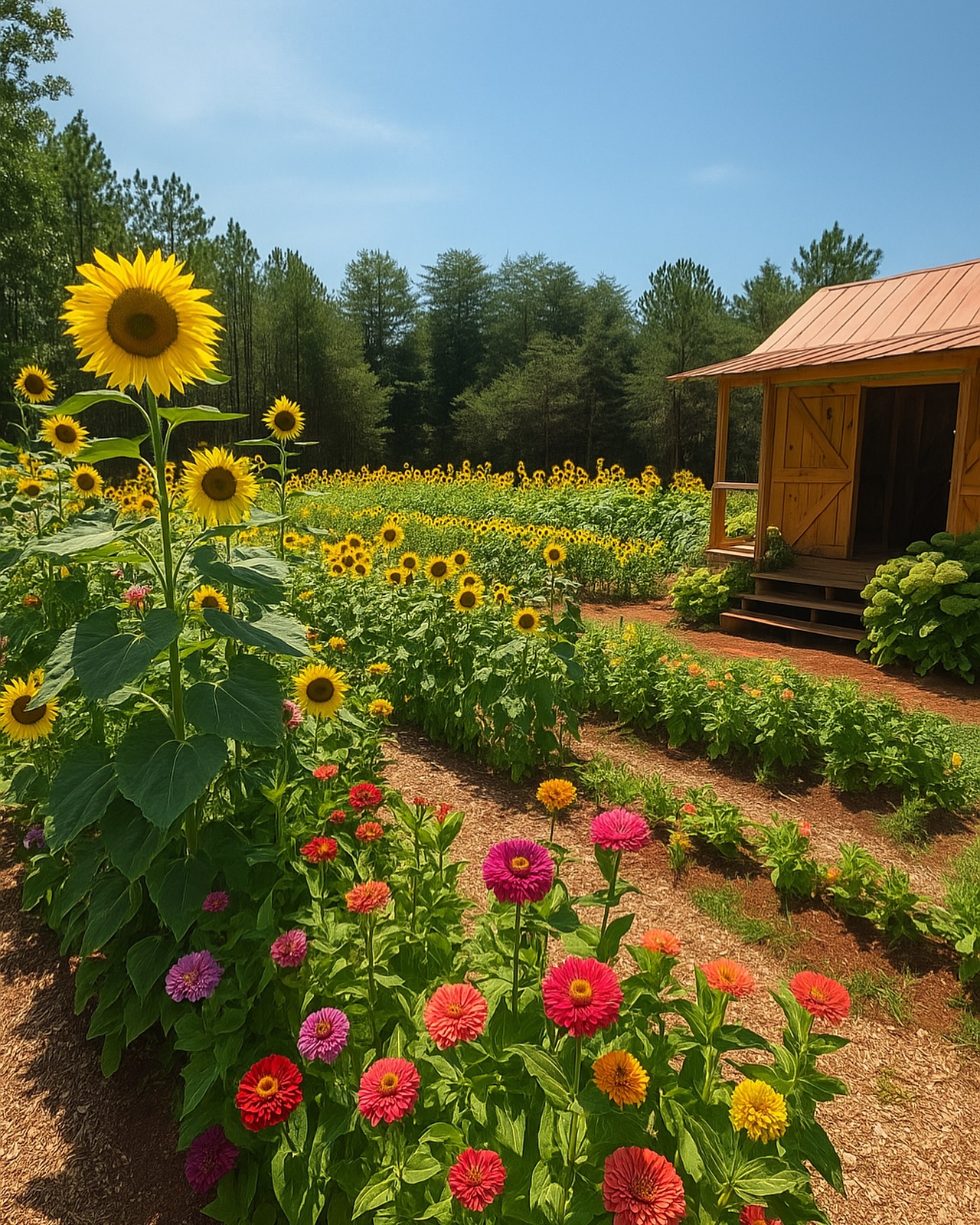Appearance Matters:The importance of preserving the Foothills’ ‘Dark Skies’
Published 8:00 am Friday, September 7, 2018
One of the benefits of living in the Foothills is that, on clear night skies, we are able to see an abundance of the stars and planets above.
One reason we are able to enjoy this is because we are not inundated with lighting from street lights, area parking lot lighting and other outside lighting fixtures that could help pollute or obscure our views.
Part of the Appearance Commission’s 20/20 plan initiatives is the “Dark Skies Initiative.” This program was launched to aid communities wishing to control light pollution and to preserve the night sky.
Trending
Light pollution is the result of outdoor lighting that is not properly shielded, allowing light to be directed into the eyes and the night sky. Using the guidelines created by lighting professionals we can all benefit in many different areas.
Outdoor lighting should be carefully designed with regard to placement, intensity, timing, duration and color.
Good lighting will:
Promote safety
“More light” is not necessarily better. If not designed and installed correctly, unsafe glare can result, reducing the effect of lighting which can contribute to accidents and hinder visibility. Lighting that is too bright interferes with the eye’s ability to adapt to darker areas.
Save money
Trending
Adhering to professionally recommended light levels provides adequate illumination. Shielded fixtures with efficient light bulbs are now more cost effective because they use less energy by directing the light toward the ground.
Conserve natural recourses
Inappropriate or excessive lighting wastes our limited natural resources and pollutes the air and water by unnecessarily burning our limited supply of fossil fuels.
Be better neighbors
Excessive or misdirected lighting can intrude on the privacy of others when light or glare trespasses over property lines.
Retain community character and reduce skyglow
Our clear views of the dark starry night sky is a resource to be preserved and protected. Stray and excessive lighting contributes to “light pollution,” clutter and unnatural “sky glow.”
Protect ecology of flora and fauna
Research studies indicate that artificial night lighting disrupts the migrating, feeding and breeding habits of many wildlife species, as well as growth patterns of trees.
Reduce health risks
Light at night not only disrupts your sleep but also interferes with your circadian rhythms. Recent research indicates that intrusive lighting may reduce the production of melatonin, a beneficial hormone, and a resulting rise in the rates of breast and other cancers.
Please visit our website, beautifulfoothills.org, and click on the “Dark Skies” tab for more information regarding this subject and ways to become involved.
Dave Friday





